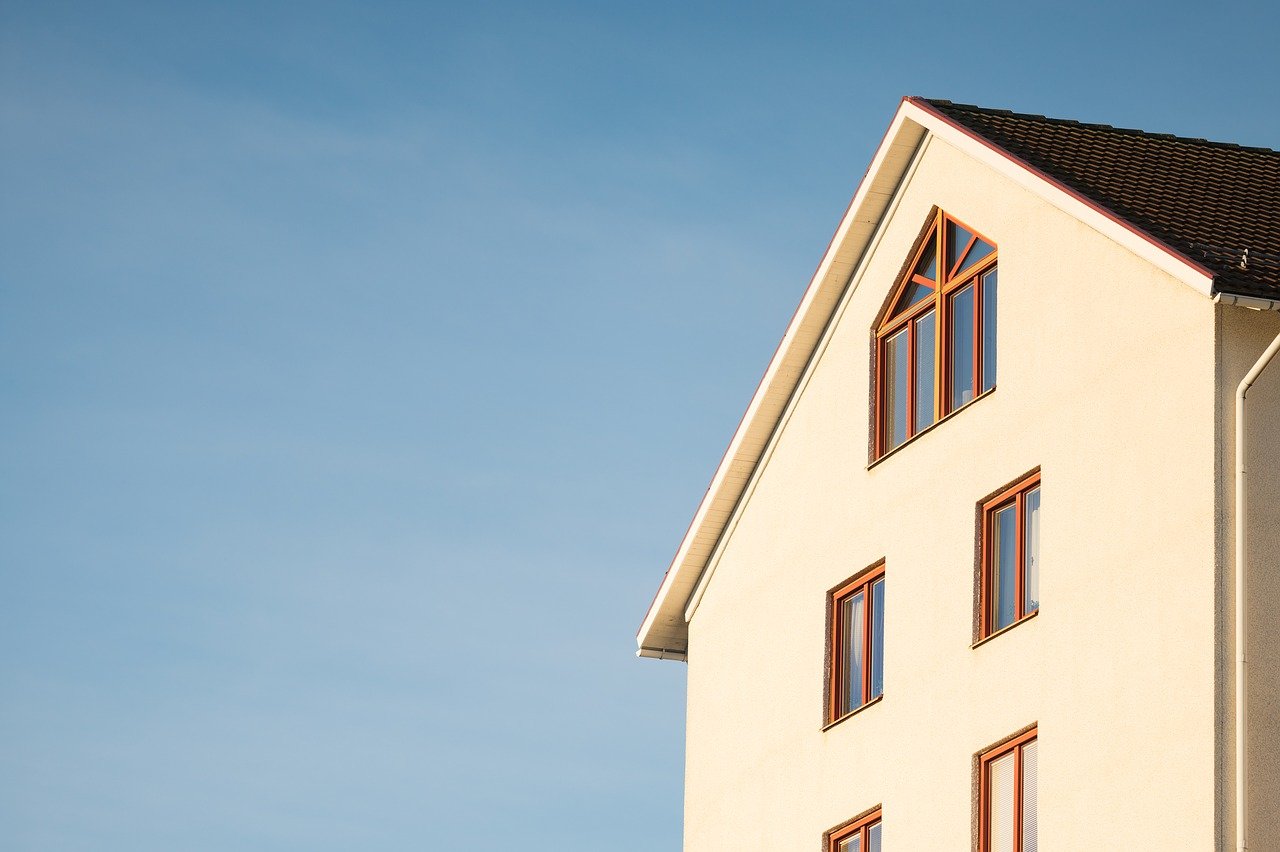Can I Sell My House and Still Live In It?

Estimated reading time 8 minutes
You may be looking to sell your home, perhaps with the view of downsizing, perhaps with the view of relocating, or possibly with the plan of allowing a loved one to buy it. Have you ever thought though, about selling your home, and remaining living in it? It may seem an odd thing to consider. After all, the majority of us who sell a home do so with the objective of moving into a new property. So, could you sell your house and still live in it? In simple terms, yes you can. There are a host of options out there that allow you to sell your house yet still be able to call it your home.
In this edition of our blog, we look at how you can sell your house yet remain living in it.
Can I sell my house but stay living in it?
As we mentioned in the opening section, you certainly can, you just need to weigh up the available options and see what may deliver the best result for you and the circumstances you find yourself in.
There are a variety of options open to homeowners looking to sell but remain in the property. They include:
- Home reversion schemes
- Lifetime mortgages
- Sell and rent back schemes
- Selling your house to your children
Each one has its own unique benefits and disadvantages, below we outline them all so you can make an informed decision.
Home reversion schemes
Home reversion is a form of equity release where a specialist lender offers a lower-than-market-value for a percentage of your home. You then receive a lump sum, or monthly instalments for that amount. You can opt to sell either a percentage of the property to the home reversion company or the entirety of it.
Regardless of the percentage you sell, you get to remain in the property until you wish to leave or until you pass away. You will not be required to pay any rent but will still be expected to maintain the property. This is often seen as a great way to raise funds and remain housed, however, as the house is now owned by the home reversion company, there will be nothing to pass on from the property when you pass away. If you still own a percentage of the home, any gains made from the sale can be passed on to dependents.
How much you receive for your property or the share you sell will vary depending on how old you are, the expected maintenance and insurance costs and the potential market volatility. As a rule, the older you are, the more you will get for your home.
Whilst selling your home via a home reversion scheme allows you to remain living there, you will be expected to follow the terms of the lender’s lease which could mean additional costs and a risk of eviction.
Lifetime mortgages
A lifetime mortgage is another way you can remain in your home after selling it. Where with home reversion you sell your house to the home reversion provider at less than market value, a lifetime mortgage works as a loan secured against your home. Only available to those aged 55 or over, a lifetime mortgage can only be offered on up to 60% of your home value. Acting as a loan, the lifetime mortgage is paid back upon death or if there is a move into a care home. However, it can be paid back during the time you are living there.
This may seem a great option to remain housed and take a portion of the cash that your house is worth, but the interest can prove to be extremely expensive, and you could find that certain lifetime mortgages end up meaning you pay back more than you borrowed and therefore hinder the opportunities for family members to inherit anything upon your passing.
Sell and rent back schemes
A sell and rent back scheme, or SRB, is a way to sell your house and then pay rent to live there. These are vastly different from equity release schemes as to be eligible for those, you must have either paid off the entire mortgage, or a vast majority of it. SRB schemes are designed for people who have not yet reached this level but perhaps want to remain living in the home.
With the cost of living being something affecting many across the UK, an SRB can be an attractive way to escape costly mortgage payments and instead rent the home more affordably.
These schemes are to be approached with caution. The companies offering to buy your home and rent it back you must follow specific rules. If they don’t, they could be prosecuted. This would include giving you a fixed term of at least five years, having the property independently valued, checking your affordability, and giving you 14 days in which to decide if the scheme is suitable for you.
You will be selling your home at below market value which could prove troublesome if you were planning to sell to cover a large mortgage. Whilst you can remain living in the home, you will in effect be a tenant, so are leaving yourself open to eviction if you were to fall behind on the rent or break any part of the tenancy agreement. You can also find that at the end of your fixed term, the landlord may just decide to evict, even if you have not been a problem tenant.
Can I sell my house to my children but remain living there?
Another avenue you can consider is to sell your home to your children and remain living in it as you have been. This can be beneficial to all family members, but it does come with tax implications. Much depends on the current living situation of the children purchasing the property.
If your child already owns a house
If your child already owns a house as a main residence, they will be unable to purchase your home via a traditional mortgage. Instead, they will be required to obtain a buy-to-let mortgage. This can prove to be more costly as the level of deposit required is higher than that found on a standard residential mortgage. In addition, their proof of earned income will need to cover the monthly mortgage payments. As a result, you could remain living in the home if you paid them rent at a standard market rate. If they were to sell their main residence though, the situation would change.
If your child sells their home
If they were to sell their home to buy yours, the normal mortgage process would apply. One with more favourable deposit terms and fewer hoops to jump through.
Depending on how far along the road you are in paying back your mortgage, you could sell your home at a lower than market value to them. For example, if you are now mortgage-free, you could lower the price of the home, let’s say by £75,000, and enable them to find it more affordable. This is then classed as a gift as you have, in theory, given them £75,000 worth of property. With gifts comes the slightly complex state of affairs relating to inheritance tax.
If you sell your home to your child and remain living there but pay a market rate rent, the inheritance tax they pay on the property when you pass away will be reduced. If you were to eventually move out but gifted them seven years before your death, there would be no inheritance tax for them to pay. It can get confusing so it is always wise to seek legal advice and speak to a tax specialist, so you get the best results for you and your children.
Can I sell my house but still live in it?
It is possible to sell your house and still live in it. You just need to ensure that all options are explored before committing to anything. Some of the options we have presented above can end up extremely costly or come with high risk. You should consult a solicitor for additional guidance if you are unsure.
If you were looking to sell due to the property no longer being affordable, you could always consider Bettermove for a fast house sale. We can purchase the home from you directly, working to a timescale that suits your needs, and completing in as little as seven days if necessary. Alternatively, we can present your home to a selection of pre-approved cash house buyers. These methods not only guarantee your sale but come at no cost to you, something the schemes we mentioned earlier are unable to offer. As we sell your house for free, with no legal fees or hidden charges, the offer you are made is the cash you receive. Contact our team today to see how it works.



